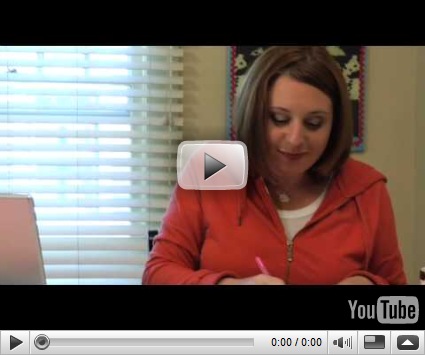The verdict
/While I wait for Taryn to finish falling in love with CHICKEN SHACK and possibly negotiate the subject of my next novel, I sit and wait. Since the choice of my next story might be left in the hands of my publisher, I cannot begin either one of the books that I have planned until Taryn is finished with her wheeling and dealing.
I had visions of spending this free time working in the backyard, cleaning the basement, and improving my golf game, but about ten minutes after finishing my final revisions of CHICKEN SHACK, I couldn’t resist starting a new book.
Taryn and I have settled on two possible ideas for my next book, which she will soon propose to my publisher, so while I wait to see what they say, I started on a third idea. It’s a story that I’ve talked about with Elysha, Taryn and several friends before, and I’ve always received a rather lukewarm response. In order to make the book work, I will need to turn a prostitute into a likeable protagonist, and few thought this would be possible.
Tonight I asked Elysha to read the first three pages of the book. 1600 words. And I knew that she’d be honest. After reading the first chapter of CHICKEN SHACK, she looked up, shook her head and said, “I don’t like it.” She crushed my spirits, but her honest assessment sent me back to the drawing board and helped me to discover things about my protagonist that I had missed while writing the first draft. The book is supremely better because of her honest appraisal early on.
So it was with great trepidation that I slid the computer over and asked her to read. I knew that she was already predisposed to not liking it, and she has always frowned on the idea of me working on more than one book at a time. Before she even looked at the screen, she asked, “So what are you going to do with this story? It’s not going to be your next book, but you’ll be thinking about it while you write your next one. I don’t get it.”
I don’t know,” I said. “These three pages might suck and we won’t have to worry about it. Just read.”
So she did.
When she finished, I braced myself for her criticism. I honestly expected her to hate it. But she looked up and said, “I really like it.”
“You do?”
“I really do. I really, really like it.”
She went on to tell me why she liked it, including the fact that I had somehow made my prostitute protagonist quite likable. There was a mixture of surprise and grudging acceptance in her voice, but there was genuine enthusiasm for the story and the character.
“Maybe you could make this your next book,” she suggested. “Maybe you should talk to Taryn. I want to know what happens next.”
While I’m going to stick to my two other story ideas for the next book, perhaps this will be a book that I peck away at from time to time when the work on the primary book gets bogged down or I just need a break from the story.
I don’t know. Could I write two novels at the same time? I’m not sure. Does any writer work on more than one book at a time? Is this even possible?
All I know is that Elysha loves the new story, and that made me happier than you could imagine.


